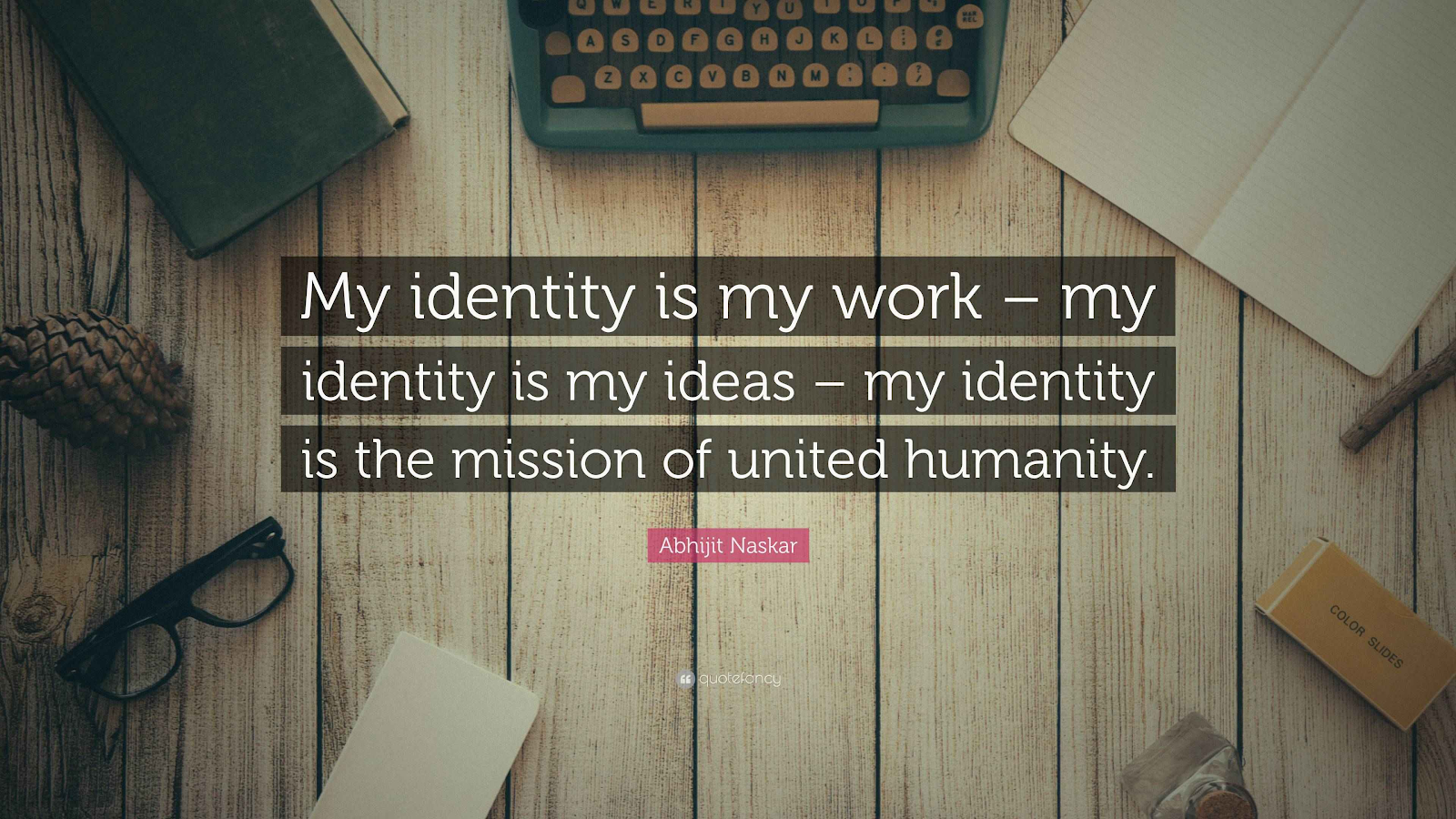🚀 A World Obsessed with Success, Failure Feels Like a Revolution
Why redefining failure might be the smartest career move of your life? ✌
In today’s hyper-connected, ultra-competitive world, success is no longer just a goal — it’s an identity. Our value is measured in promotions, paychecks, productivity scores, and social media milestones. But here’s a revolutionary idea: what if failure isn’t the enemy, but the way forward?
📉 Success Metrics Are Breaking Us
In a 2024 McKinsey report, 59% of professionals said they feel “trapped in performative work cultures,” where image often outweighs impact. Social media compounds this pressure. The American Psychological Association notes that over 40% of young adults report heightened anxiety due to online comparison, particularly around career and success.
Modern society is addicted to this success metrics:
-
Job titles.
-
Salary brackets.
-
Social media followers.
-
Productivity scores.
-
Degrees from prestigious institutions.
.But for some, failure has become the very moment they woke up.
🔄 Real-Life Case Studies: When “Failure” Became Freedom
1. A’s Story – From Tech Executive to Travel Educator
2. Bangladeshi Banker to Community Farmer
R I left her high-paying bank job in Dhaka to start a permaculture farm in the southern part of Bangladesh. Everyone called her "crazy" — until her farm began feeding 300+ families during the 2024 flood crisis. “They said I failed in life. Turns out, I found my mission,” she says.
🧠 Science Says: Failing Can Make You Stronger
Harvard's Dr. Amy Edmondson coined the term “psychological safety” — the ability to fail without fear. Her research shows that teams that embrace failure innovate up to 31% faster.
A 2023 LinkedIn Workplace Confidence Index showed that:
-
76% of employees feel emotionally unsafe in perfectionist cultures.
-
54% say the fear of failure stops them from trying new things.
This fear kills innovation, stunts creativity, and burns people out. The companies and individuals thriving today are the ones who treat failure as data — not disaster.
✨ The Rise of “Slow Success” and Purpose-Driven Lives
A powerful counterculture is emerging. According to Deloitte’s 2024 Gen Z and Millennial Trends Report:
-
64% would prefer meaningful work over a higher paycheck.
-
47% want careers that support mental health, not just achievement.
-
And most strikingly, 1 in 3 have rejected promotions for better work-life balance.
The future of work? It’s slower, quieter, more aligned with inner values than outer applause.
✅ How You Can Join the Revolution
Want to liberate yourself from toxic success culture? Start here:
-
Redefine Your MetricsChoose growth, peace, and alignment over applause.
-
Talk About Your FailuresNormalize them. Share them. Own them. You’ll be surprised how many people relate.
-
Rest Without GuiltRest is not weakness. It’s strategy.
-
Celebrate Offbeat PathsPraise people not just for winning — but for trying something true.
💡 Final Thought: Failure Is Not the Opposite of Success — It’s the Door to It
In a world that monetizes burnout and glorifies busyness, deciding to fail on your own terms is revolutionary. Because what looks like failure to the world might be your greatest act of self-respect.



Comments
Post a Comment